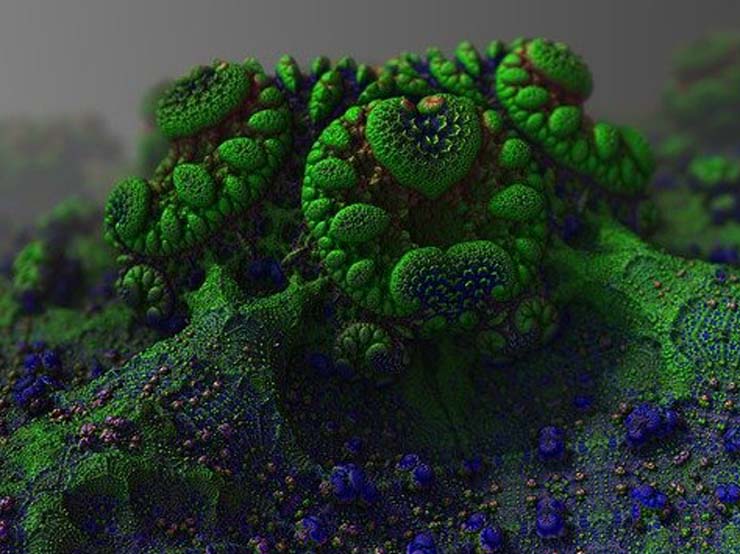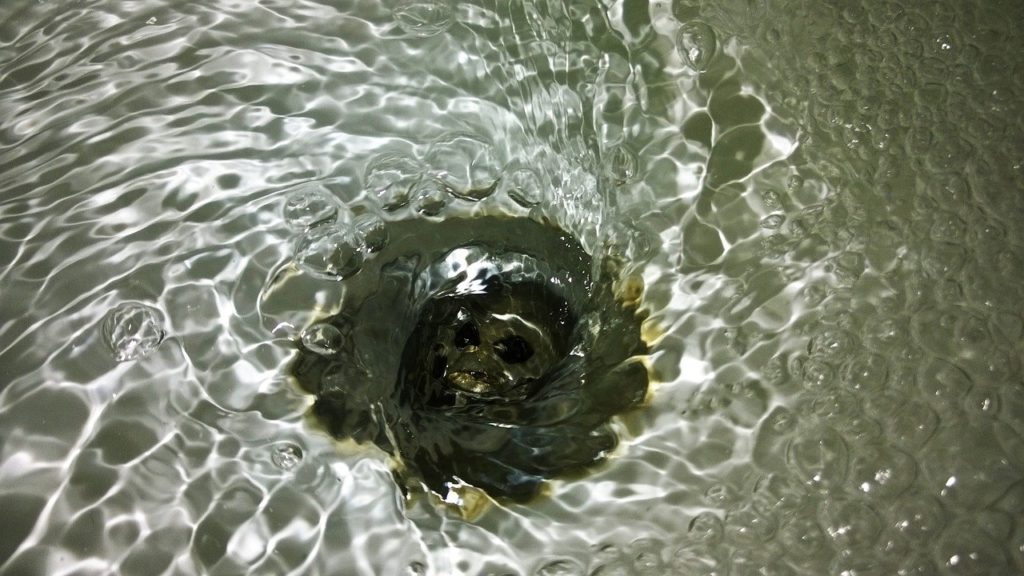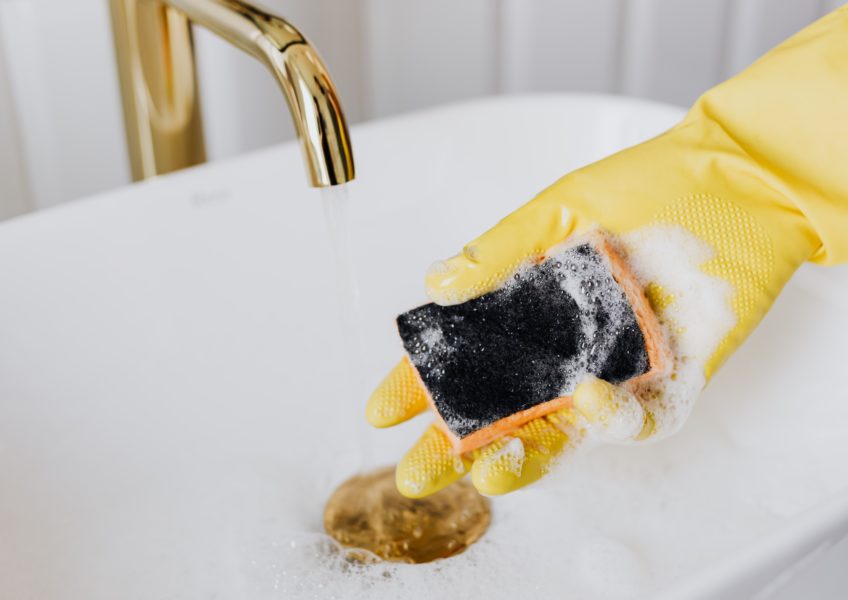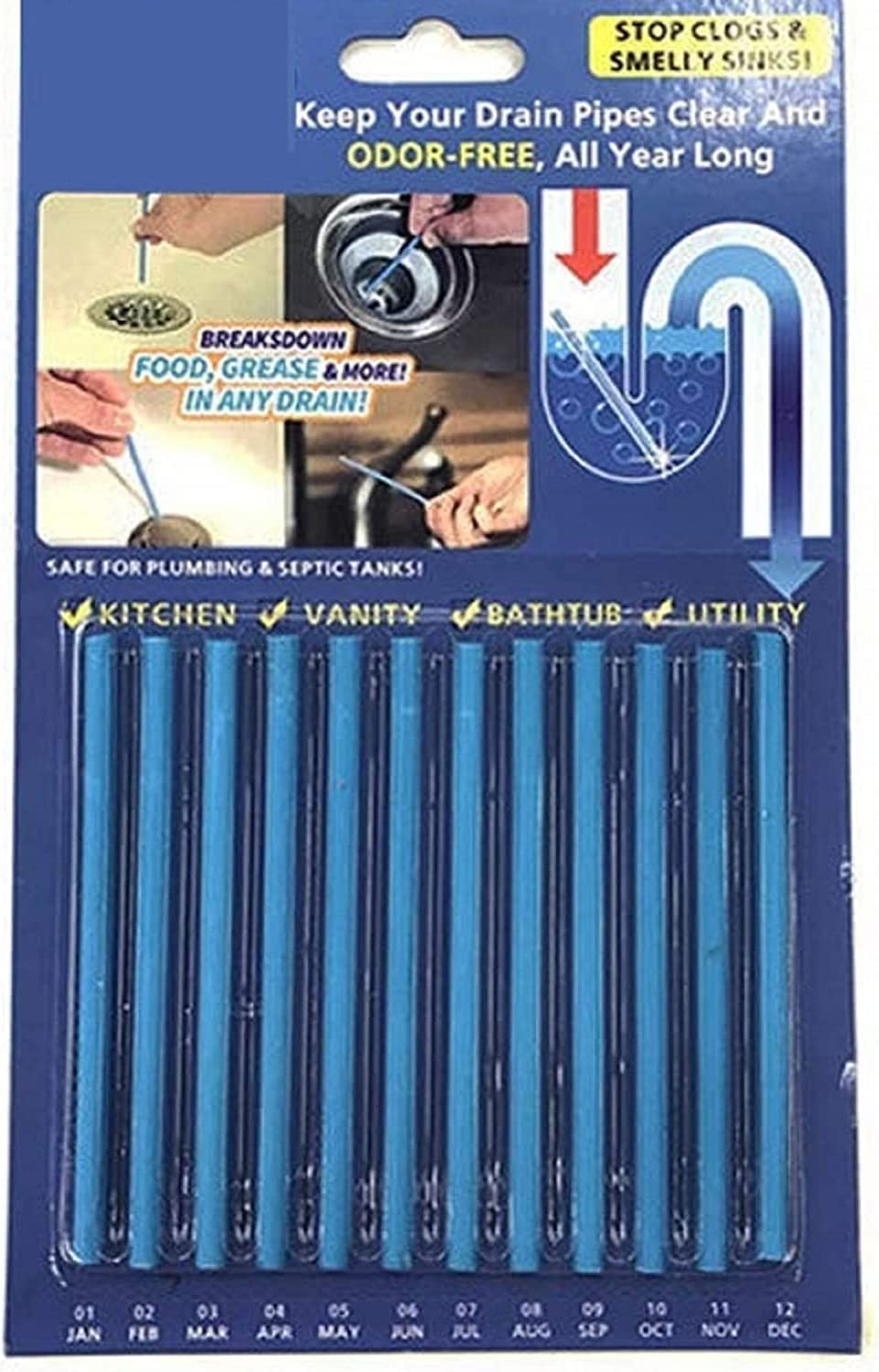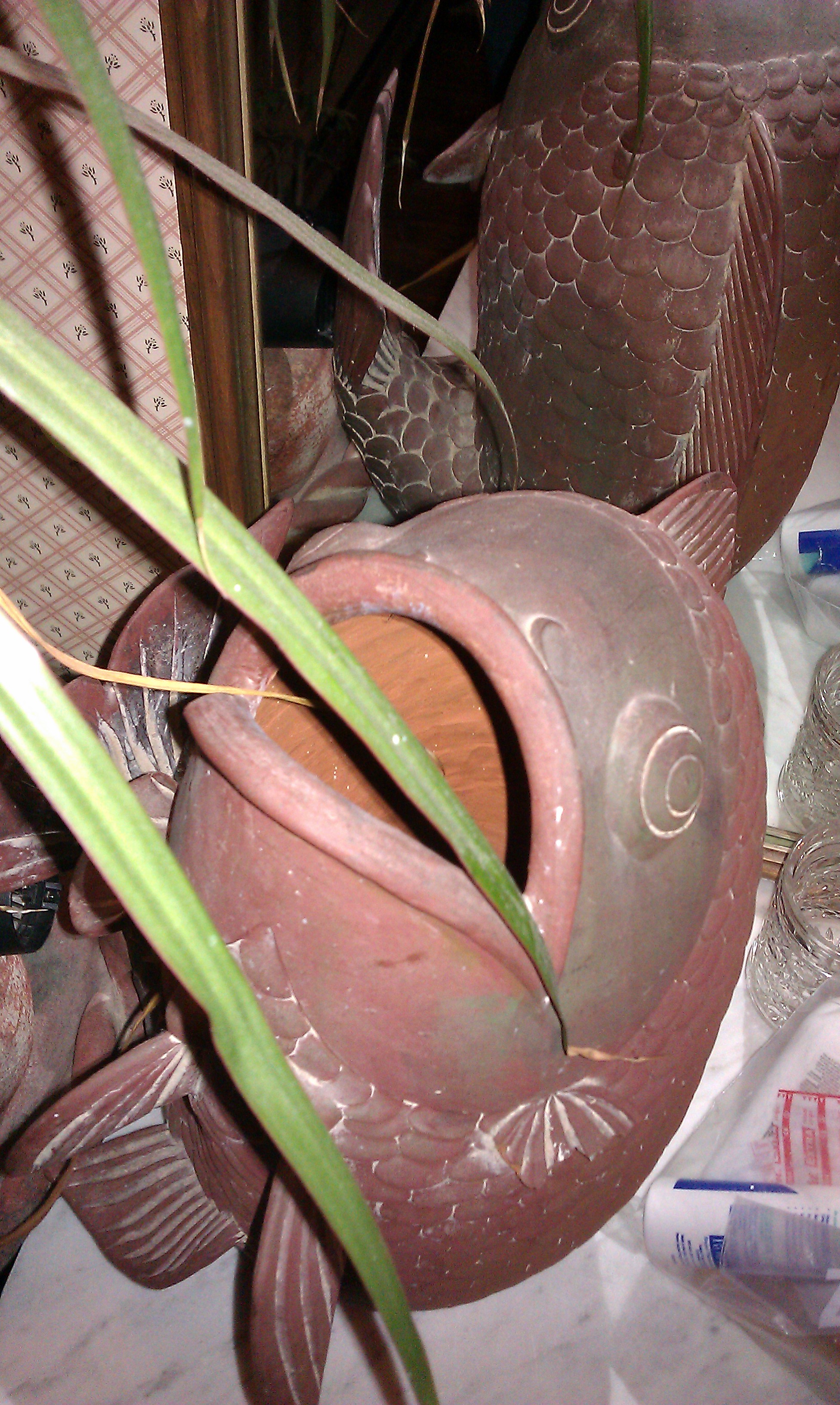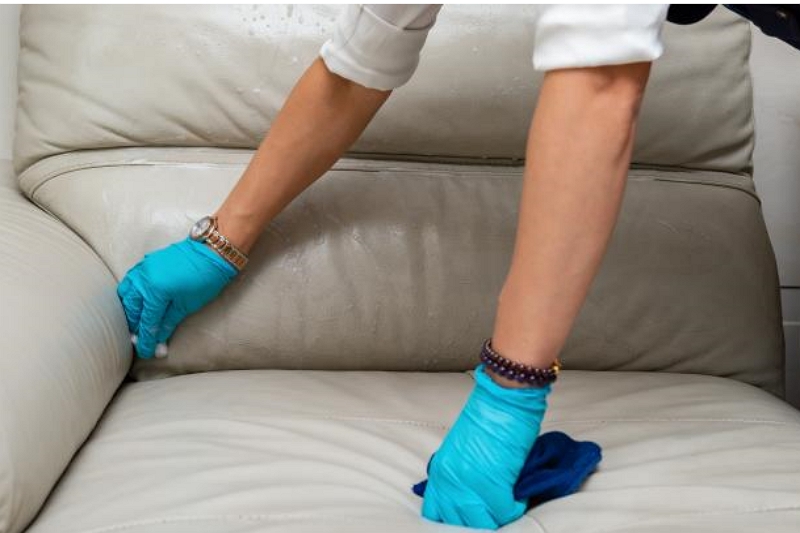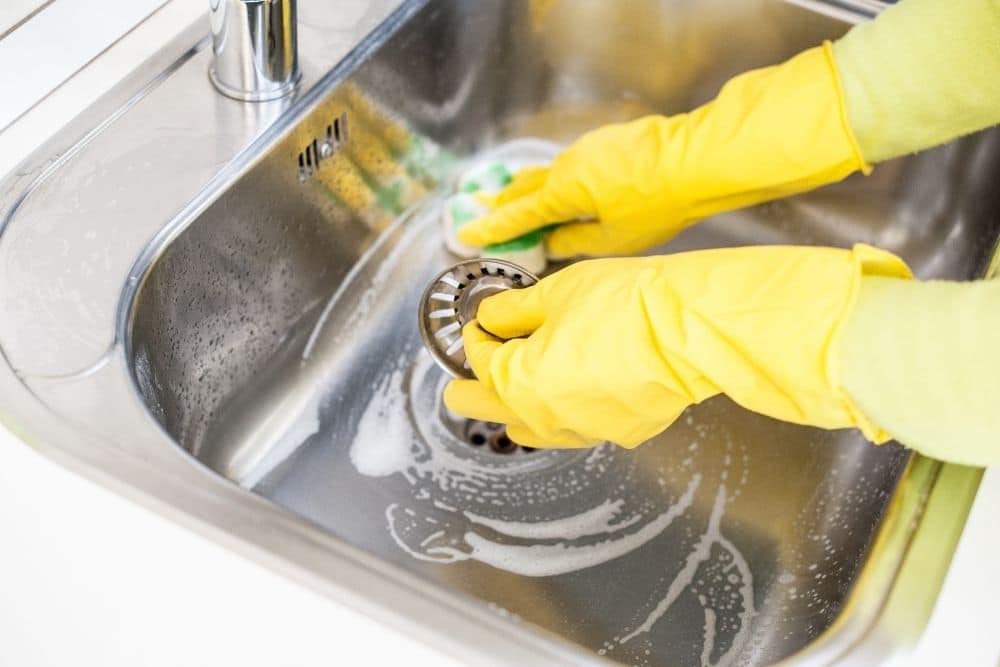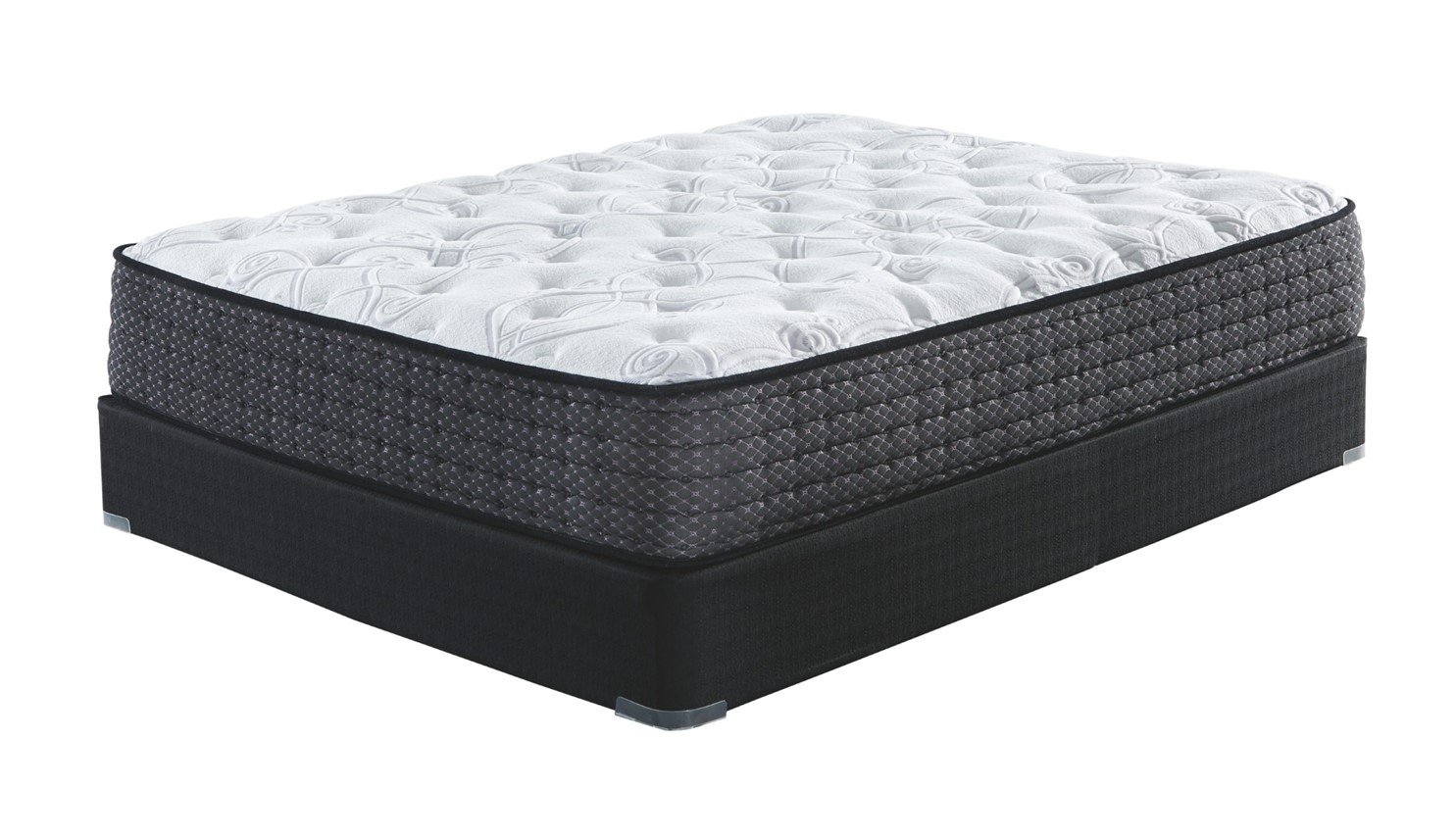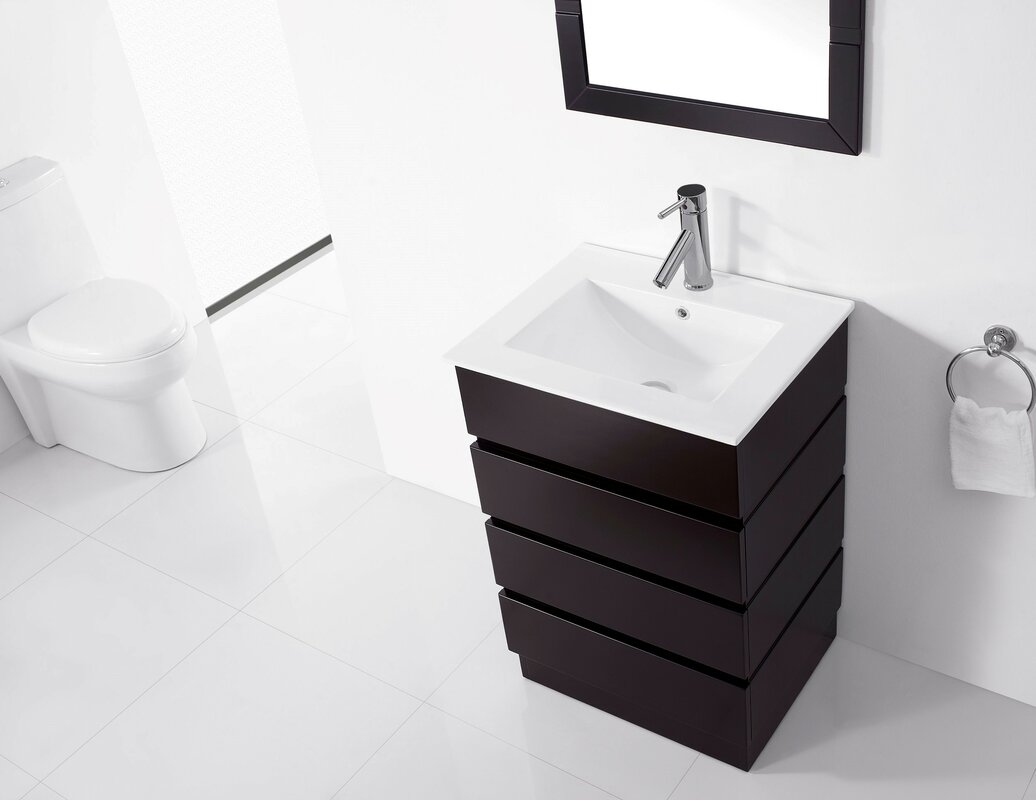If you've noticed a foul odor coming from your bathroom sink, chances are it's a sewer gas smell. This unpleasant smell can be caused by a variety of factors, including a build-up of debris and bacteria in the drain. But don't worry, there are simple DIY solutions to get rid of the smell and prevent it from coming back.How to Get Rid of a Sewer Gas Smell in Bathroom Sinks
The first step to getting rid of the sewer gas smell is to thoroughly clean the sink drain. Start by pouring a pot of boiling water down the drain to loosen and flush away any debris. Next, mix together equal parts baking soda and vinegar and pour it down the drain. Let it sit for 15 minutes before flushing it with hot water. This will help to eliminate any bacteria and remove any lingering odors.How to Clean a Stinky Sink Drain
If the smell persists, you may need to take more drastic measures. A mixture of lemon juice and salt can be effective in removing strong odors from the sink and drain. Simply mix together equal parts lemon juice and salt and pour it down the drain. Let it sit for 30 minutes before flushing it with hot water. The acidic properties of the lemon juice will help to break down any build-up in the drain, while the salt acts as a scrubbing agent.Eliminating Sink and Drain Odors
Understanding the root cause of the sewer gas smell in your bathroom sink can help you prevent it from coming back. Some common causes include clogged or dirty drains, cracked or damaged pipes, and a dry P-trap. The P-trap is a curved pipe under the sink that traps water and prevents sewer gas from entering your home. If the P-trap is dry, it won't be able to block the gas from coming through.Causes of Sewer Smell in Bathroom Sinks
Aside from cleaning the sink drain and using natural remedies, there are a few other DIY solutions you can try to get rid of a smelly sink drain. One option is to pour a cup of vinegar down the drain and let it sit for a few hours before flushing it with hot water. Another method is to pour a cup of baking soda down the drain, followed by a cup of hot water and a cup of vinegar. Let it sit for 10 minutes before flushing it with hot water.DIY Solutions for a Smelly Sink Drain
If the sewer gas smell in your bathroom sink persists despite your efforts to clean and deodorize, it may be time to call in a professional plumber. They will be able to inspect your pipes and drains for any damage or clogs that could be causing the smell. They may also recommend installing a new P-trap if yours is dry or damaged.How to Fix a Smelly Bathroom Sink Drain
In addition to a dry P-trap, there are other common causes of bathroom sink odors that you should be aware of. One cause is a build-up of hair, soap scum, and other debris in the drain. This can create a breeding ground for bacteria and lead to unpleasant odors. Another cause could be a blocked vent pipe, which can prevent proper ventilation and cause sewer gas to seep into your home.Common Causes of Bathroom Sink Odors
To remove any lingering odors from your bathroom sink drain, you can try using a commercial drain cleaner. Look for one that is specifically designed to eliminate foul odors. You can also use a mixture of 1/4 cup of borax and 1/4 cup of salt. Pour it down the drain and let it sit for an hour before flushing it with hot water.Removing Odors from a Bathroom Sink Drain
If the smell coming from your bathroom sink is more musty than sewer-like, it could be a sign of mold or mildew growth. To get rid of the musty smell, mix together equal parts hydrogen peroxide and water and pour it down the drain. Let it sit for 15 minutes before flushing it with hot water. Repeat this process once a week to prevent mold and mildew growth.How to Get Rid of a Musty Smell in a Bathroom Sink
Regular maintenance and cleaning of your bathroom sink can help prevent and eliminate odors. Be sure to regularly clean the drain and P-trap with a natural cleaning solution to remove any build-up and bacteria. You can also pour a cup of hot water down the drain once a week to keep it clear and prevent odors. If the smell persists, don't hesitate to call a professional plumber for assistance.Preventing and Eliminating Bathroom Sink Odors
Why is the Bathroom Sink Drain Smelling?

Having a smelly bathroom sink drain can be a nuisance and can make your entire bathroom smell unpleasant. This is a common problem that many homeowners face, and it can be caused by a variety of reasons. The main culprit of a smelly bathroom sink drain is usually built-up gunk and bacteria that have accumulated in the pipes over time. This build-up can result in a foul odor that can be difficult to get rid of.
The Build-Up of Gunk and Bacteria
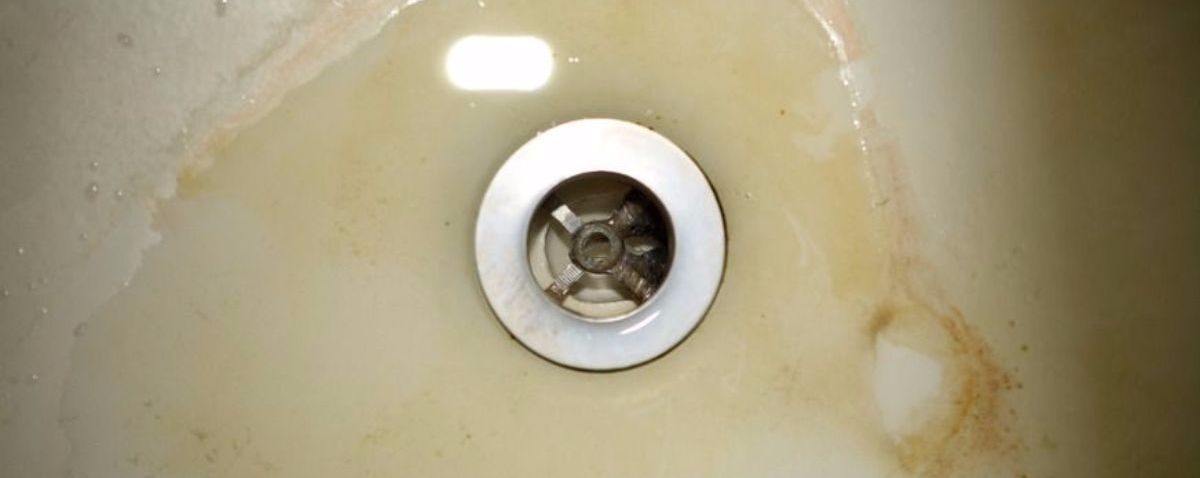
Over time, hair, dirt, soap scum, and other debris can accumulate in your bathroom sink drain. This build-up can result in slow drainage and eventually lead to a smelly drain. As the debris sits in the pipes, it can start to decompose and produce a foul odor. Additionally, the warm and damp environment of a bathroom is the perfect breeding ground for bacteria, which can also contribute to the unpleasant smell.
Improper Ventilation

Another common cause of a smelly bathroom sink drain is poor ventilation . If your bathroom does not have proper ventilation, the moisture from the sink can get trapped and cause mold and mildew to grow. This can lead to a musty smell coming from your sink drain. It is important to ensure that your bathroom has proper ventilation to prevent this issue.
Old or Faulty Pipes
:max_bytes(150000):strip_icc()/sink-pipe-under-wash-basin-119001607-6f28aec4c66944efb7a9a38cb622ab8b.jpg)
In some cases, the problem may not be with the build-up of gunk and bacteria, but rather with the pipes themselves. Old or faulty pipes can develop cracks or leaks, which can allow sewer gases to escape and cause a foul smell to emanate from your bathroom sink drain. If you suspect that your pipes may be the issue, it is best to consult a professional plumber to have them inspected and repaired if necessary.
How to Get Rid of the Smell

To eliminate the smell coming from your bathroom sink drain, you can try a few different methods. One option is to use a mixture of baking soda and vinegar. Simply pour a cup of baking soda down the drain, followed by a cup of vinegar. Let it sit for about 30 minutes, then flush it out with hot water. You can also try using a drain snake or plunger to remove any debris that may be causing the odor. If the smell persists, it is best to consult a professional plumber for further assistance.
In Conclusion

A smelly bathroom sink drain is a common problem that can be caused by a variety of reasons. By addressing the root cause of the issue, such as built-up gunk and bacteria, poor ventilation, or old/faulty pipes, you can effectively get rid of the unpleasant smell. Regular maintenance and cleaning of your bathroom sink can also help prevent this issue from occurring in the future. If the smell persists, it is best to seek the help of a professional plumber to ensure that your pipes are in good working condition.
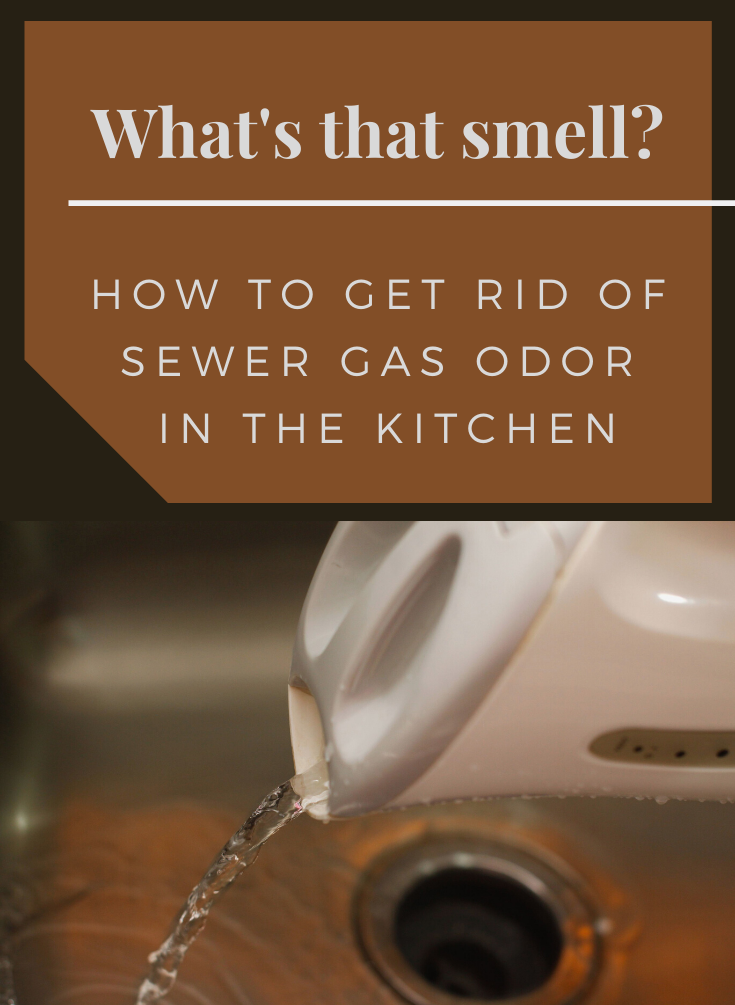



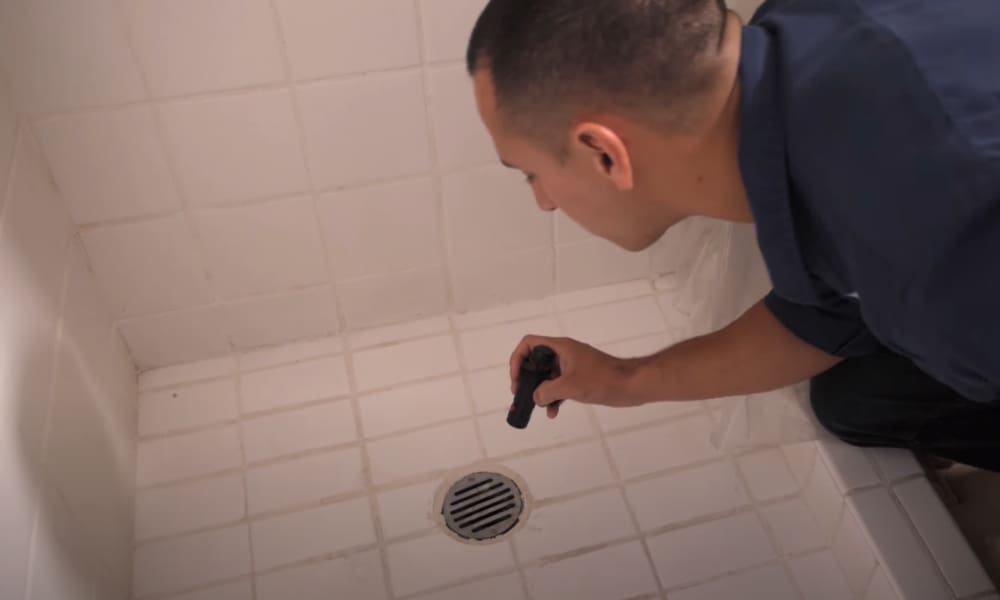
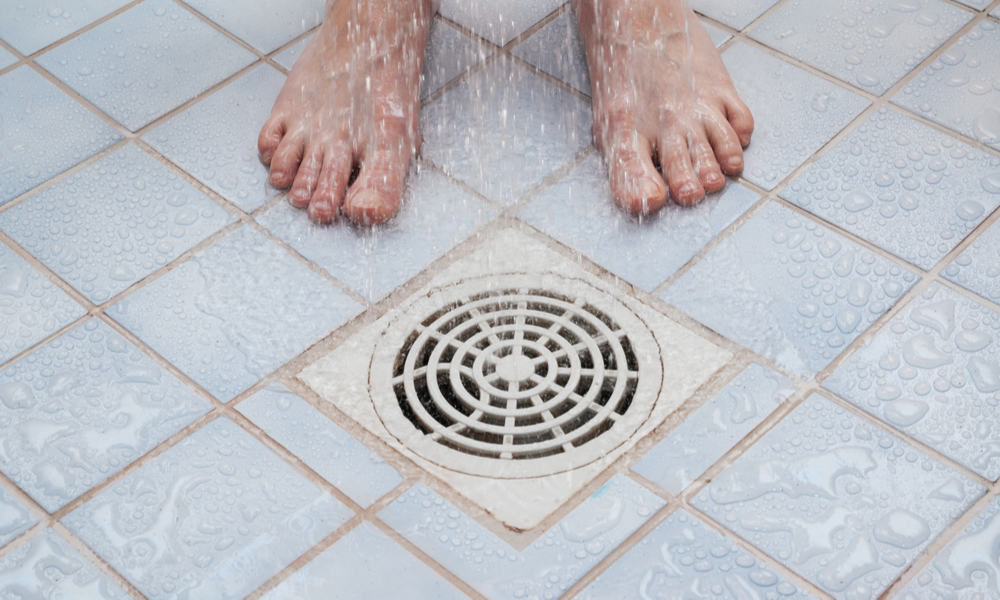














:max_bytes(150000):strip_icc()/how-to-clean-a-stinky-drain-5207454-hero-9d4668b2d4f94166b0d1908a9a8e0dbb.jpg)

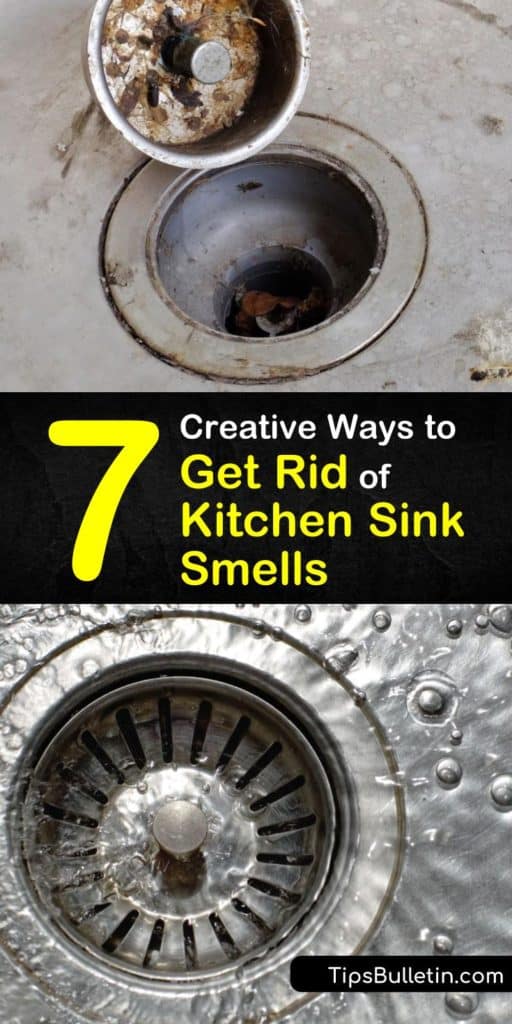









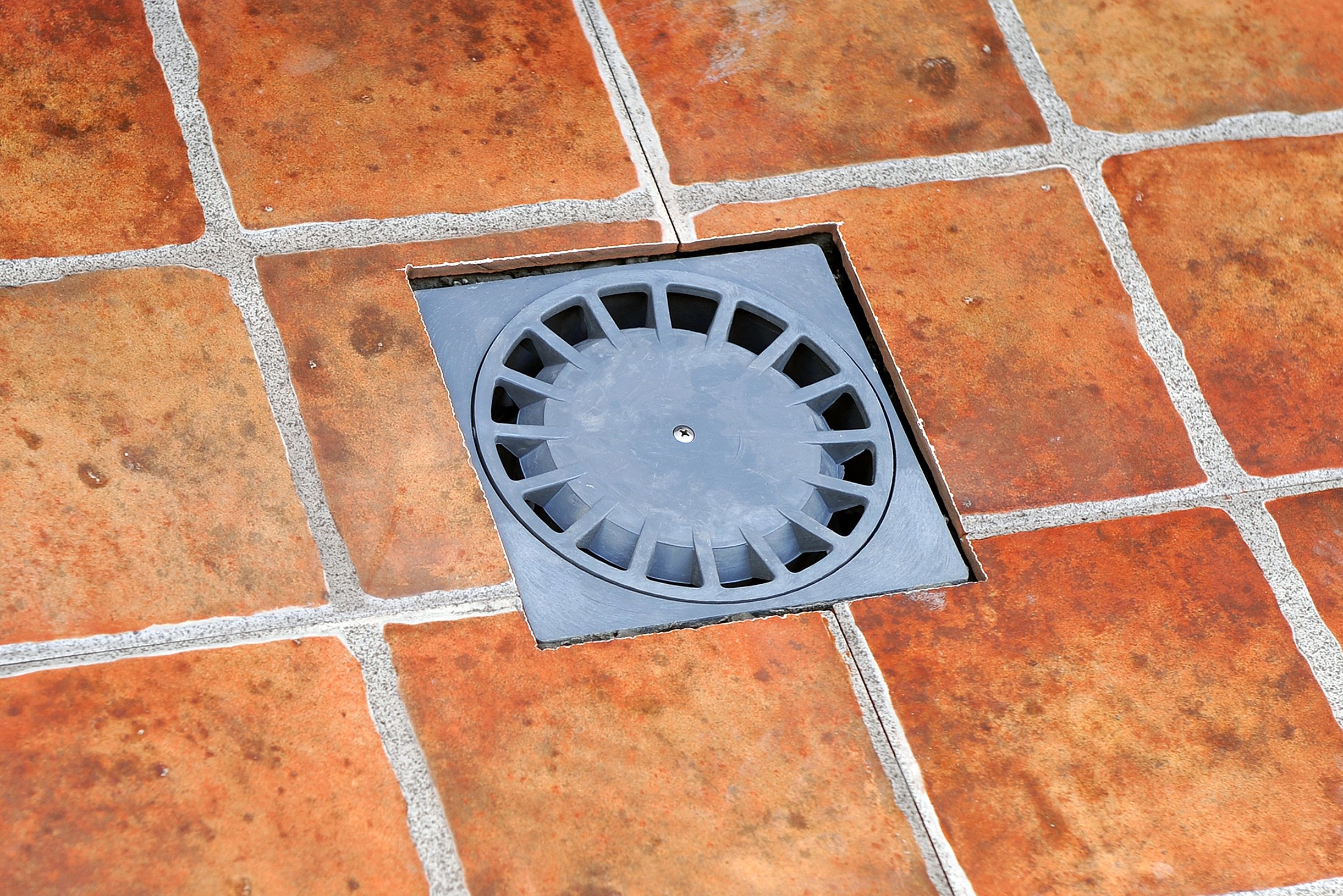



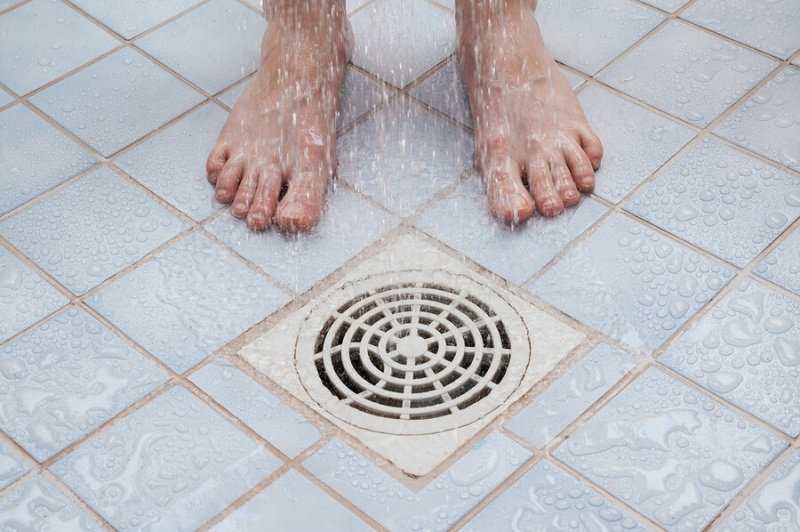



.jpg)



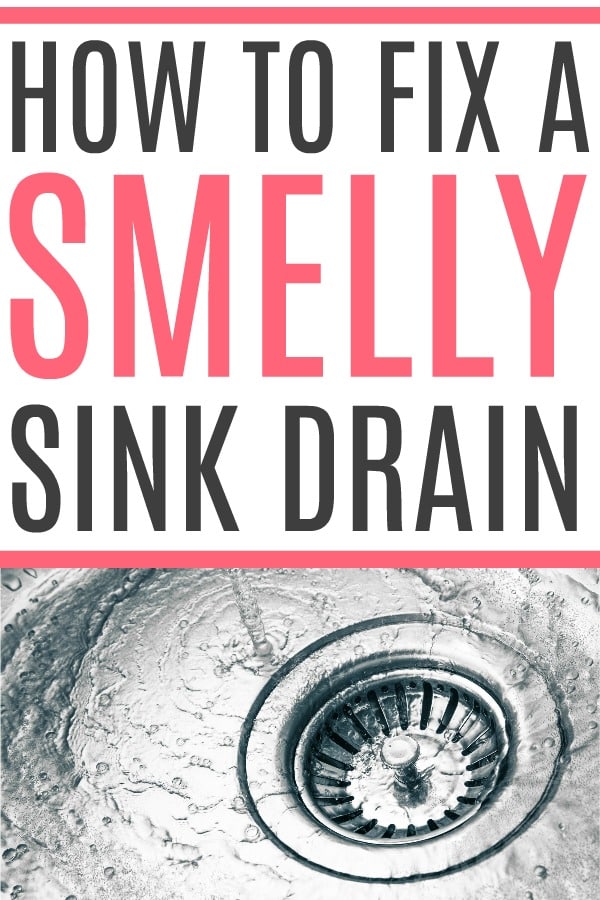




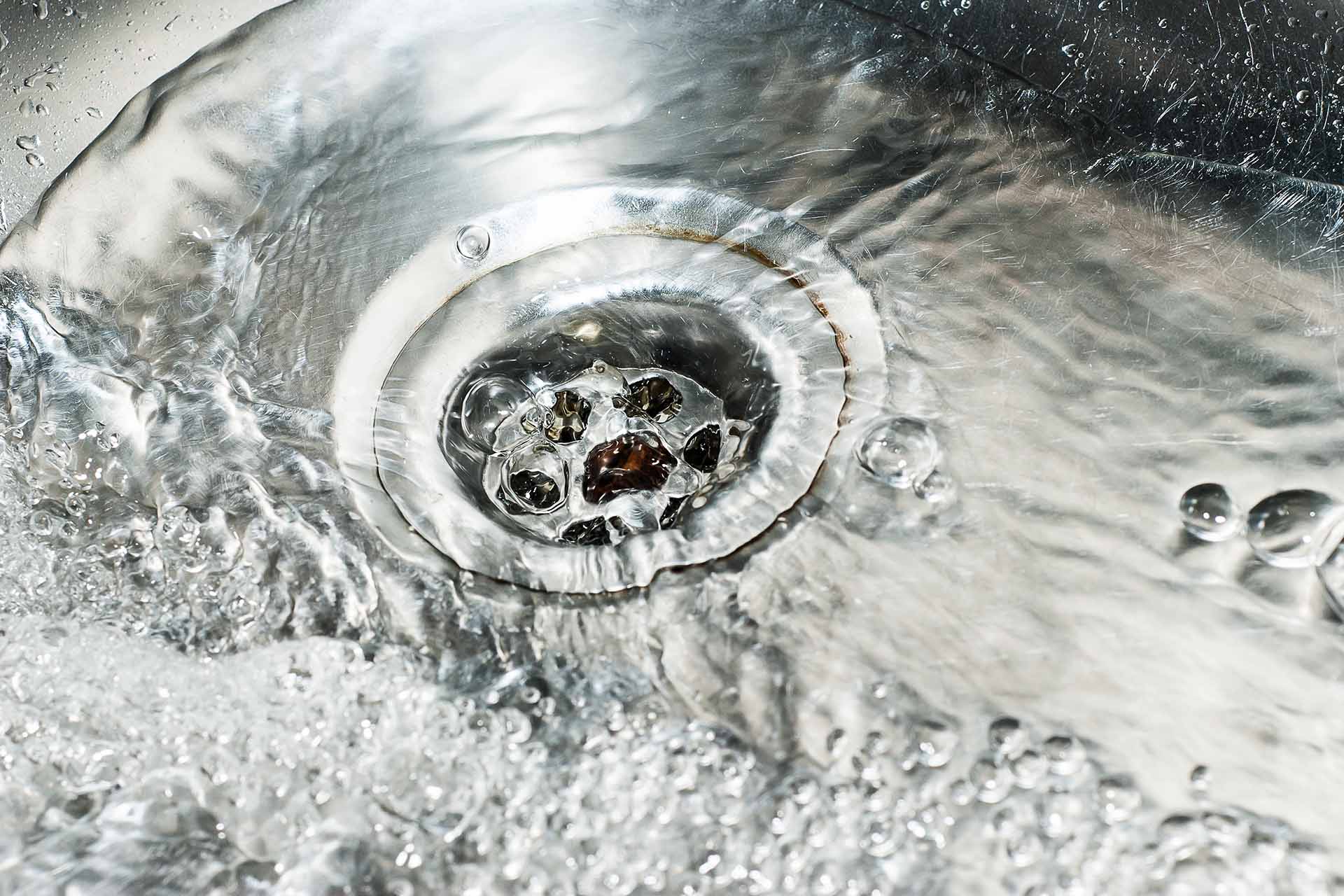
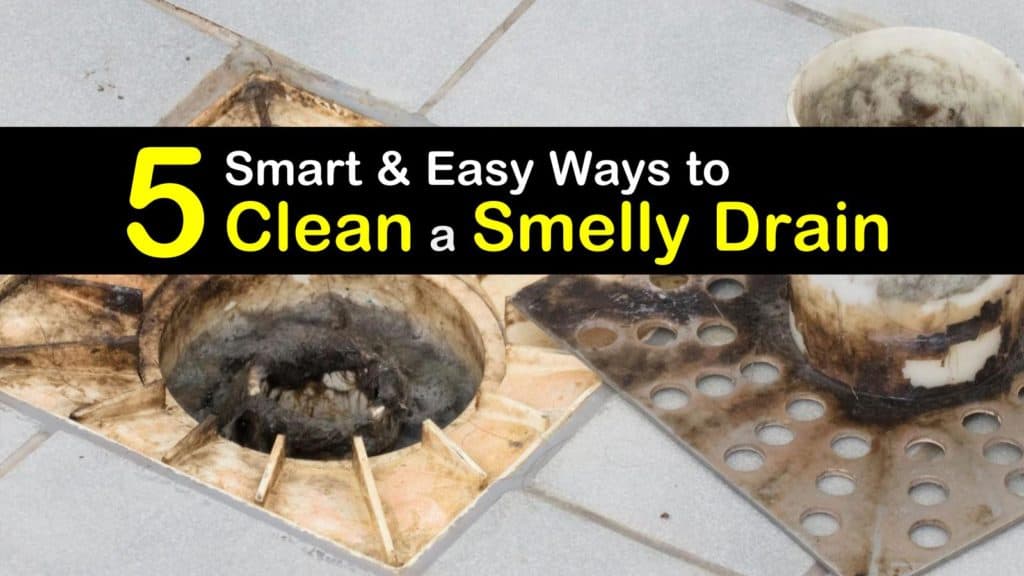

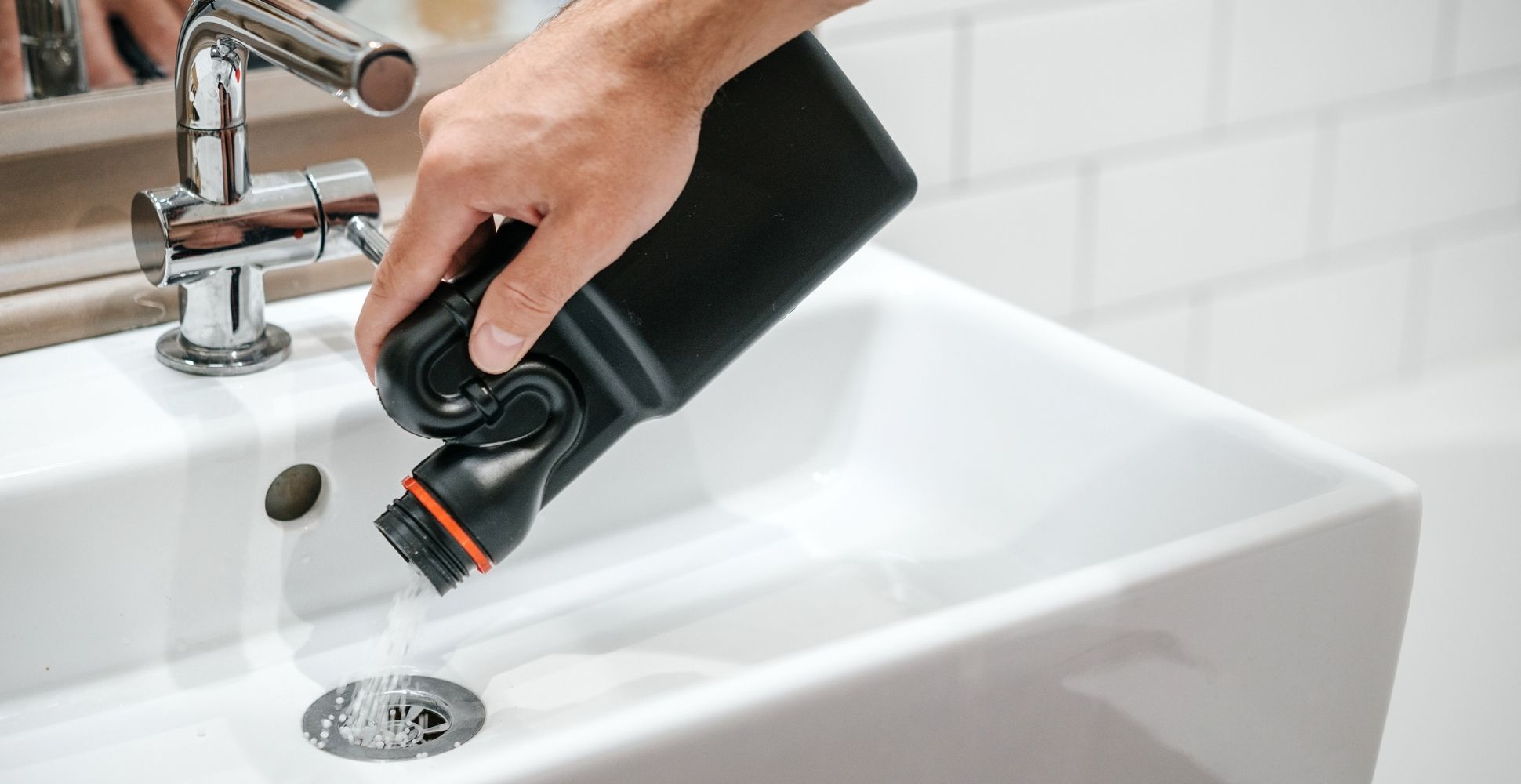
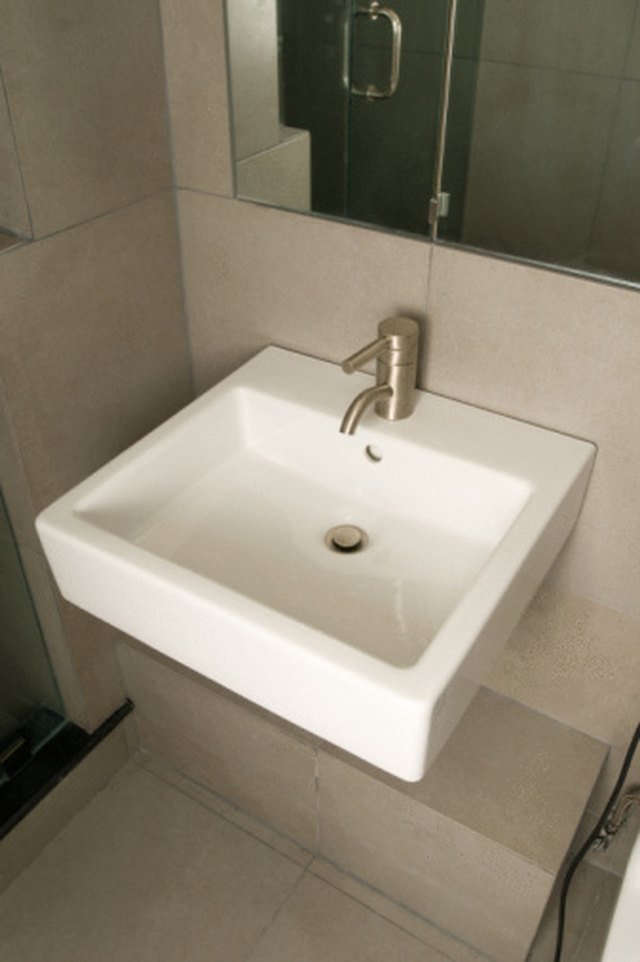




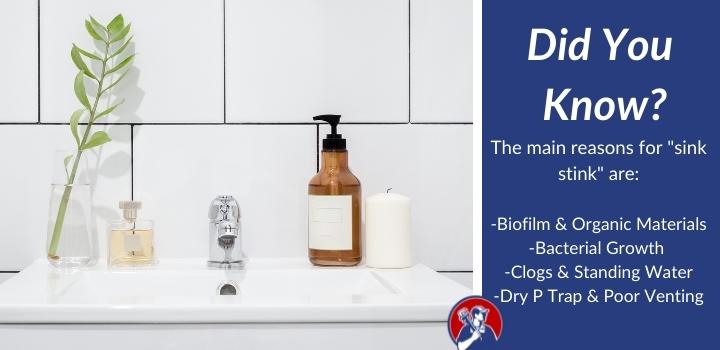



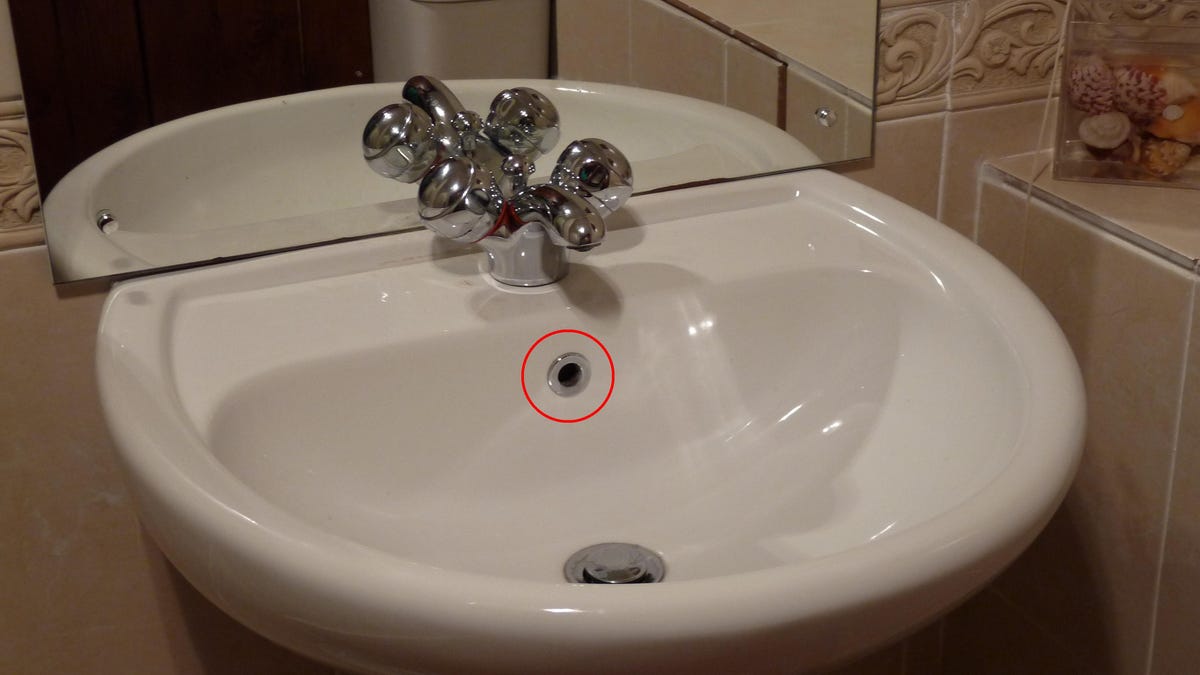

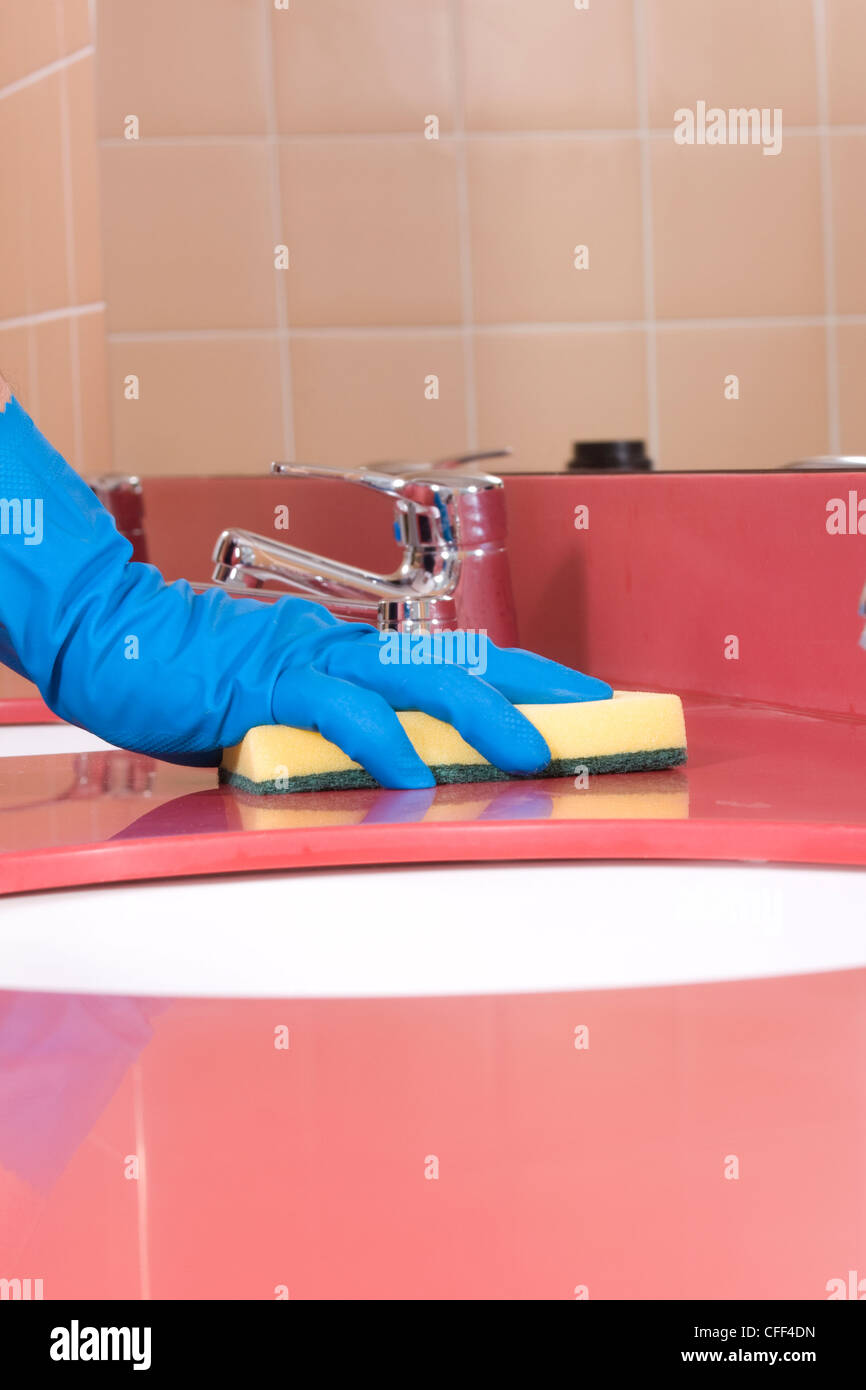
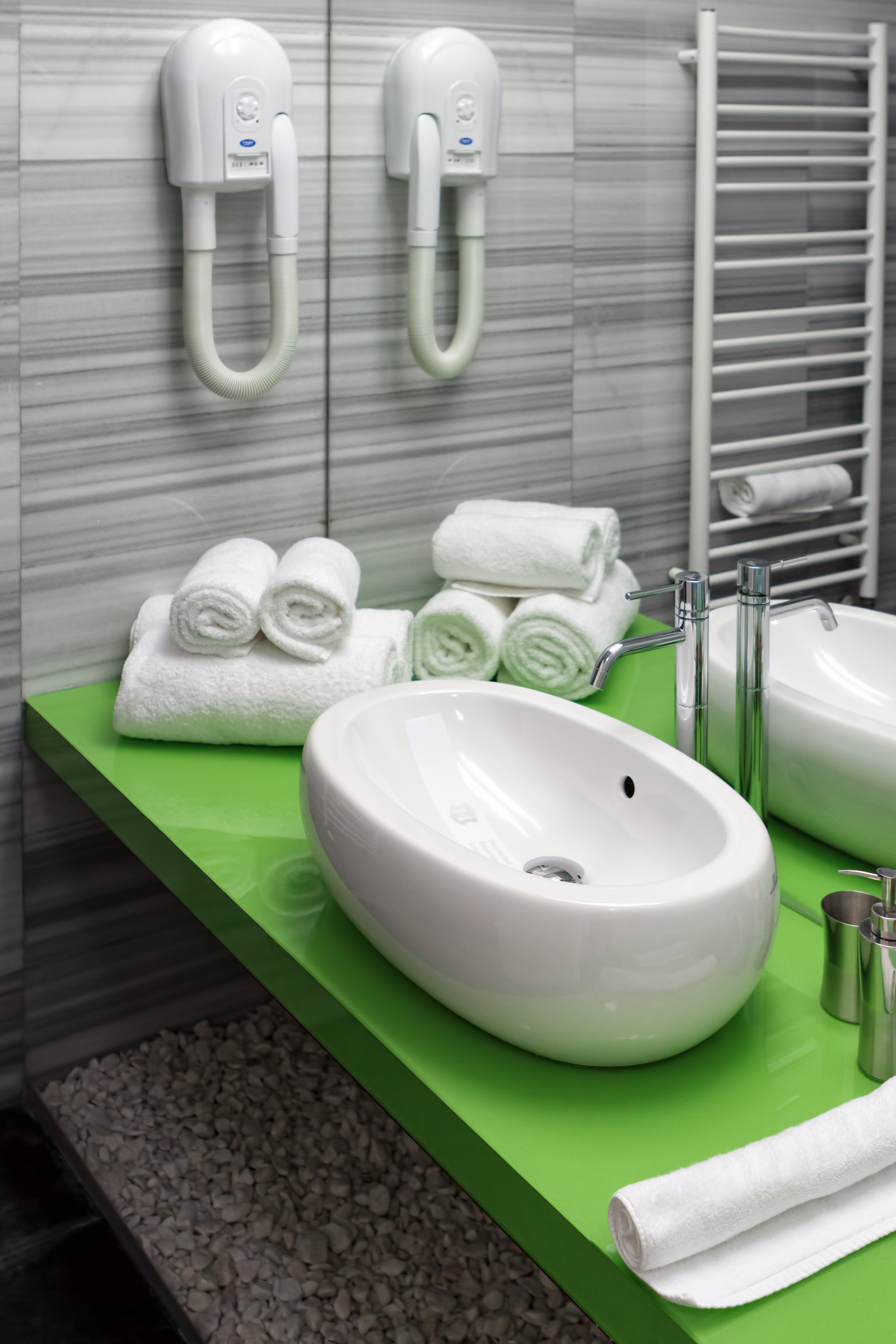

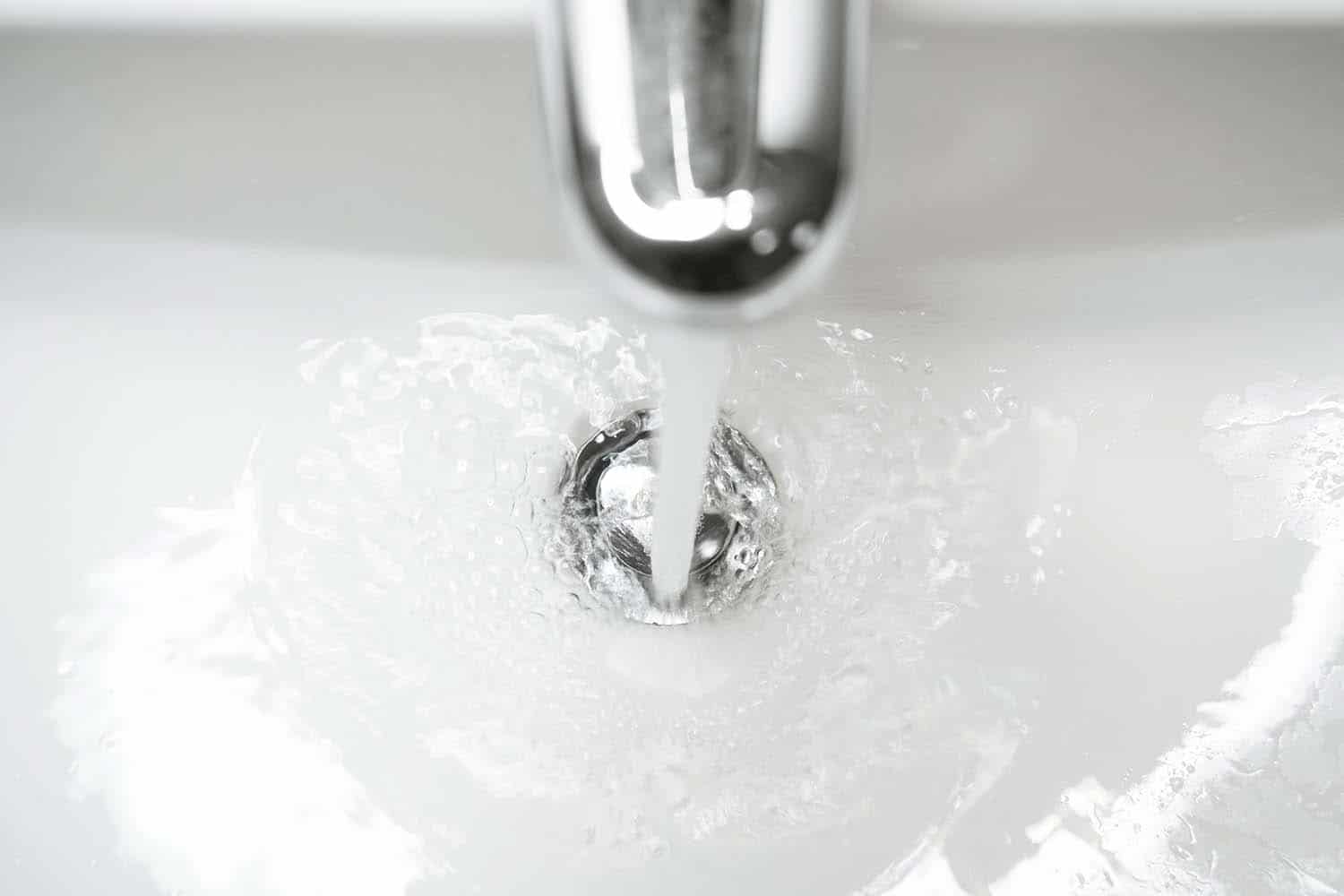
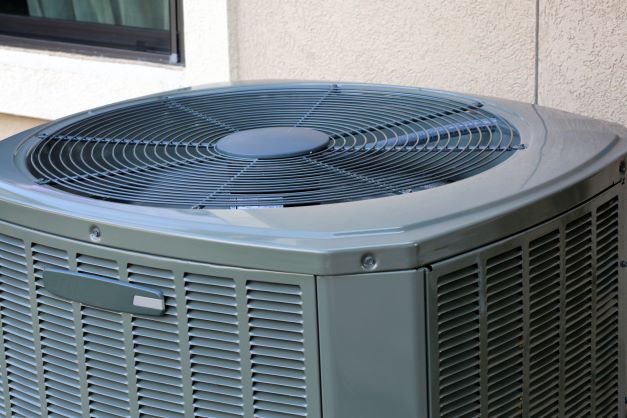
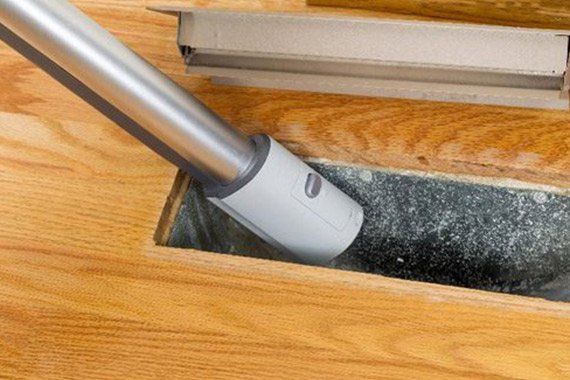
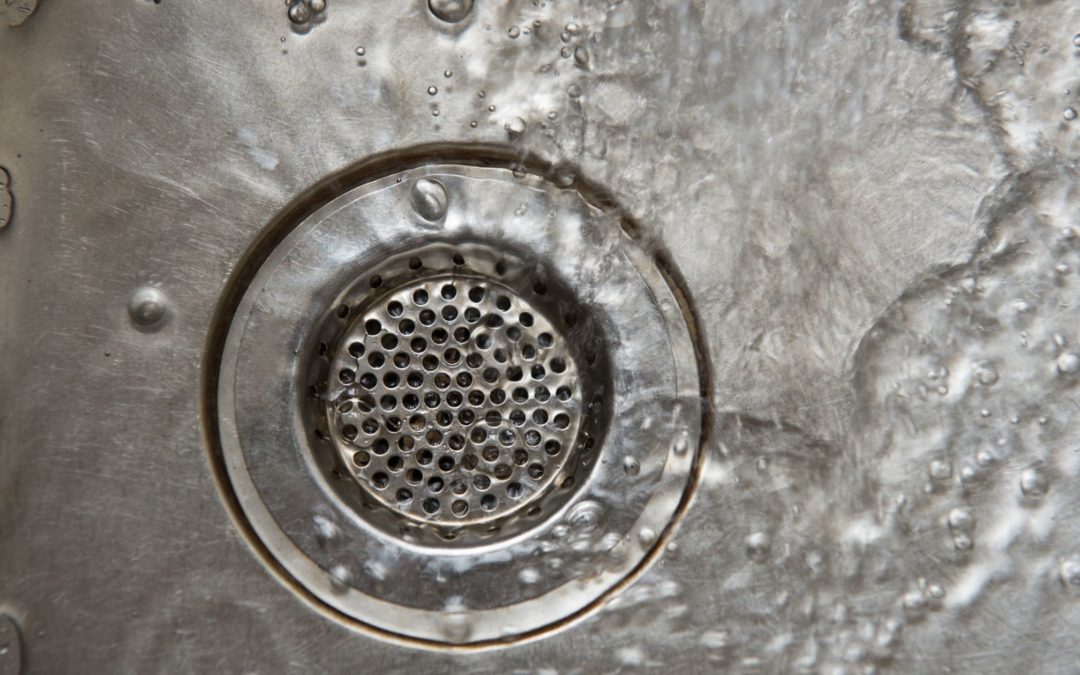






:max_bytes(150000):strip_icc()/homemade-drain-cleaner-2718784__03_1052-24cfb24130504dbb94b70957f617c58a.jpg)





